why your hipaa compliance sucks: an msp’s perspective
When it comes to healthcare, protecting patient data isn't just good practice—it's the law. If you're handling sensitive health information and your HIPAA compliance game isn't on point, you’re putting your organization at serious risk. As an MSP (Managed Service Provider), we’ve seen firsthand the mistakes businesses make when it comes to HIPAA compliance. Let’s face it: your HIPAA compliance sucks, and here’s why.
1. You Think HIPAA Is a “One and Done” Deal
Too many businesses believe that once they check off their HIPAA compliance list, they’re good for life. HIPAA is not a one-time box to tick; it's an ongoing process. Technology evolves, new threats emerge, and your team changes over time. Just because you had a compliance audit two years ago doesn't mean you're still compliant today.
MSP Perspective:
We understand that the healthcare landscape is always shifting, which is why we constantly review, update, and improve our security practices. If you're not regularly assessing your systems, you're vulnerable to data breaches, fines, and legal liabilities.
2. Your Data Security Is Outdated
Many organizations are still running on outdated technology—systems that may have been compliant a decade ago but are far from secure today. Cybercriminals are smarter and more sophisticated, and the healthcare industry is one of their top targets. If you’re using legacy systems, outdated software, or poor encryption practices, your HIPAA compliance is falling short.
MSP Perspective:
We prioritize cutting-edge solutions, from firewalls and encryption to network monitoring, ensuring our clients are protected with the latest technologies. Outdated systems are a weak link in your compliance strategy, and if you’re not upgrading, you’re opening the door to hackers.
3. Your Employees Are a Liability
You can have the best cybersecurity software in the world, but if your employees don’t know what HIPAA compliance means or how to handle sensitive data, you’re still at risk. We see organizations that fail to train their staff adequately or provide ongoing security awareness training. The fact is, human error is one of the biggest causes of data breaches.
MSP Perspective:
As your MSP, we ensure that training and awareness programs are a key part of your compliance strategy. From phishing scams to password management, we help your staff understand their role in protecting patient data. If you’re not doing the same, your employees are likely to make costly mistakes.
4. You Don’t Have an Incident Response Plan
Imagine a data breach hits your organization. What happens next? If you don’t have a solid incident response plan in place, you’re going to panic—and so will your patients. HIPAA requires you to not only prevent breaches but also to respond swiftly and appropriately when one occurs. Failing to have a plan in place means you're flying blind in a crisis.
MSP Perspective:
We prepare for the worst. Our incident response plans are detailed and actionable, ensuring that any breach is quickly mitigated and reported. If you haven’t developed a similar plan, your compliance strategy isn’t where it needs to be.
5. Your Third-Party Vendors Aren’t Compliant
You may be handling your own security well, but what about your third-party vendors? Many organizations assume their vendors are HIPAA compliant without actually verifying it. If a third-party service provider gets hacked, guess what? You’re still on the hook for a violation if they had access to patient data.
MSP Perspective:
As your MSP, we thoroughly vet all third-party vendors we work with to ensure they’re compliant with HIPAA standards. If you’re not holding your vendors to the same standards, your compliance isn’t as strong as you think.
6. You’re Not Monitoring Your Network 24/7
Many organizations take a set-it-and-forget-it approach to cybersecurity. Maybe you have some protections in place, but are you monitoring your network 24/7? Threats don’t take breaks, and neither should your security measures. If you’re not actively watching for suspicious activity, you’re leaving the door open to attacks.
MSP Perspective:
We provide constant, round-the-clock monitoring for our clients. If there’s a vulnerability or a breach, we detect it in real-time, minimizing damage. If your system isn’t being monitored continuously, you’re not as HIPAA compliant as you think.
7. You’re Not Encrypting Everything
HIPAA requires that you encrypt electronic protected health information (ePHI) to protect it from unauthorized access. Yet, we see many organizations failing to encrypt all of their devices and data properly. Whether it's emails, mobile devices, or backups, everything containing ePHI should be encrypted.
MSP Perspective:
Encryption is one of our top priorities. We ensure that all patient data, whether in transit or at rest, is encrypted to the highest standards. If you’re not encrypting every touchpoint, your HIPAA compliance is flawed.
8. You’re Overconfident About Your Compliance
Overconfidence can lead to carelessness. Too often, organizations believe that as long as they follow a few basic steps, they’re fully compliant. But HIPAA is complex, and the stakes are high. Being overconfident can result in ignoring critical aspects of compliance, leaving you vulnerable.
MSP Perspective:
We never take compliance lightly. Regular audits, reviews, and improvements are key to maintaining HIPAA compliance. If you're not constantly reviewing and improving your practices, you're risking a breach.
Conclusion: Fix Your HIPAA Compliance Before It’s Too Late
The bottom line is that HIPAA compliance isn’t easy, and if you think you’re compliant just because you’ve checked a few boxes, you’re wrong. Your data, your reputation, and your patients' trust are all on the line.
As an MSP, we specialize in helping organizations like yours get their HIPAA compliance right. If any of the points above sound familiar, it’s time to reconsider your approach. Let’s work together to fix the gaps in your compliance before they turn into costly mistakes.
HIPAA compliance may be tough, but ignoring it is not an option. Reach out to us today, and let’s ensure your systems are fully secure, compliant, and ready for the future.
